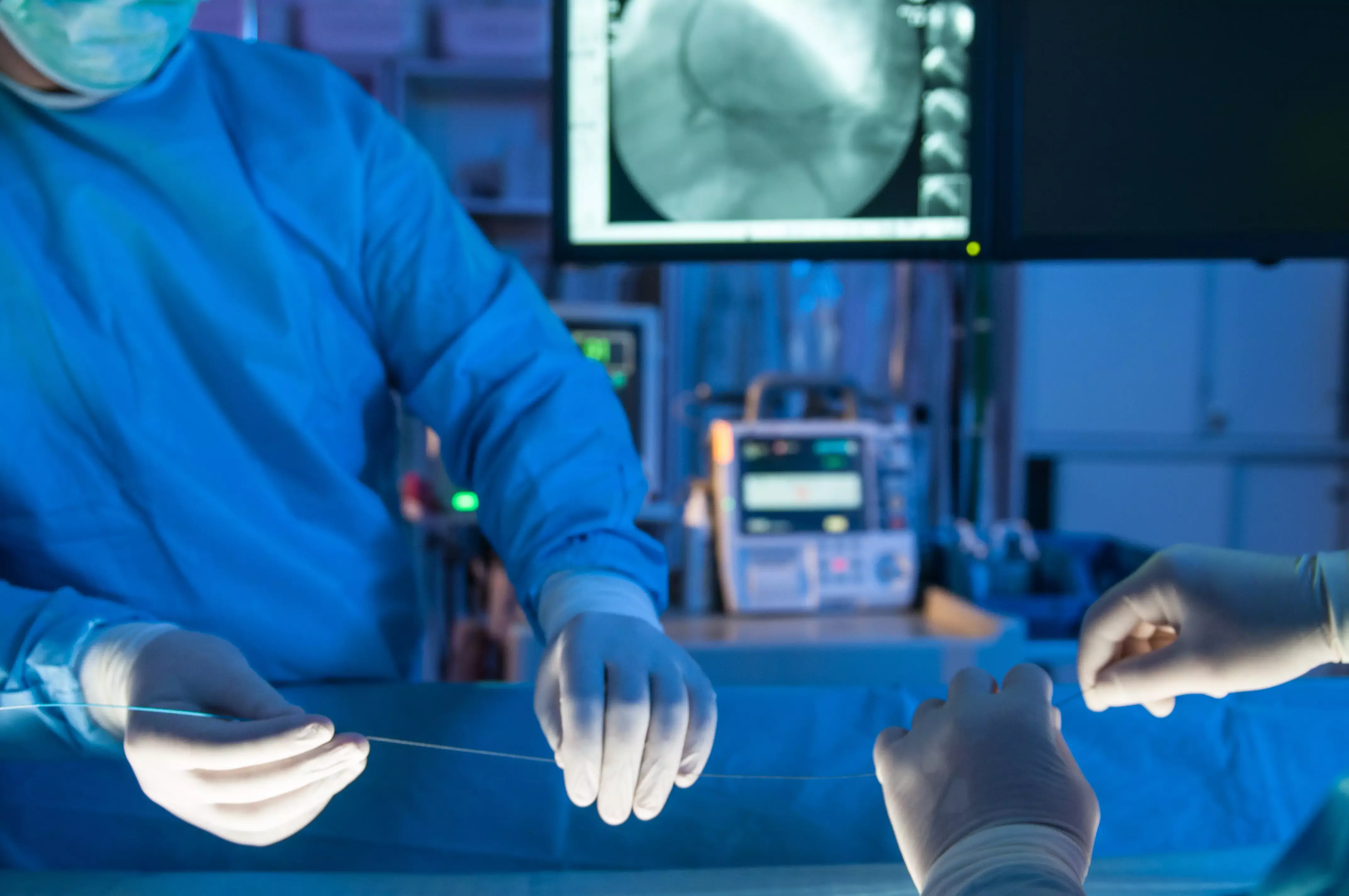- Home
- Medical news & Guidelines
- Anesthesiology
- Cardiology and CTVS
- Critical Care
- Dentistry
- Dermatology
- Diabetes and Endocrinology
- ENT
- Gastroenterology
- Medicine
- Nephrology
- Neurology
- Obstretics-Gynaecology
- Oncology
- Ophthalmology
- Orthopaedics
- Pediatrics-Neonatology
- Psychiatry
- Pulmonology
- Radiology
- Surgery
- Urology
- Laboratory Medicine
- Diet
- Nursing
- Paramedical
- Physiotherapy
- Health news
- Fact Check
- Bone Health Fact Check
- Brain Health Fact Check
- Cancer Related Fact Check
- Child Care Fact Check
- Dental and oral health fact check
- Diabetes and metabolic health fact check
- Diet and Nutrition Fact Check
- Eye and ENT Care Fact Check
- Fitness fact check
- Gut health fact check
- Heart health fact check
- Kidney health fact check
- Medical education fact check
- Men's health fact check
- Respiratory fact check
- Skin and hair care fact check
- Vaccine and Immunization fact check
- Women's health fact check
- AYUSH
- State News
- Andaman and Nicobar Islands
- Andhra Pradesh
- Arunachal Pradesh
- Assam
- Bihar
- Chandigarh
- Chattisgarh
- Dadra and Nagar Haveli
- Daman and Diu
- Delhi
- Goa
- Gujarat
- Haryana
- Himachal Pradesh
- Jammu & Kashmir
- Jharkhand
- Karnataka
- Kerala
- Ladakh
- Lakshadweep
- Madhya Pradesh
- Maharashtra
- Manipur
- Meghalaya
- Mizoram
- Nagaland
- Odisha
- Puducherry
- Punjab
- Rajasthan
- Sikkim
- Tamil Nadu
- Telangana
- Tripura
- Uttar Pradesh
- Uttrakhand
- West Bengal
- Medical Education
- Industry
Colchicine may prevent periprocedural myocardial injury in PCI: Study

Australia: The administration of colchicine on a median of 18 h pre-PCI led to a reduction in PCI-related myocardial injury that was associated with lower levels of inflammation pre-PCI but no difference was seen one-day post-PCI in the colchicine vs placebo groups, according to a new study in Cardiovascular Revascularization Medicine.
High inflammation levels pre-and post-percutaneous coronary intervention (PCI) is related to worse outcomes. Recent trials have shown that in coronary artery disease, treating inflammation may be beneficial. Jamie Layland, Peninsula Heart Service, Peninsula Health, Australia, and colleagues aimed to determine if the administration of colchicine pre-PCI, would attenuate the inflammatory effect of PCI in the randomized pilot COPE-PCI sub-study.
For this purpose, PCI patients were randomized to receive colchicine (n=36) or placebo (n=39), 6 to 24-hours pre-procedure. Study blood samples were taken immediately pre-PCI, and 24-hours post-procedure. Testing of the samples was done for a broad array of inflammatory biomarkers including leucocyte counts, high-sensitive(hs)-CRP, and hs-troponin-. Periprocedural Myocardial Injury (PM-Injury) was defined as per the ESC Third Universal Definitions of Myocardial Infarction.
The findings of the study were as follows:
- Treatment groups were similar for baseline variables. The median time from drug administration to pre-PCI blood sampling was 18-hours.
- Overall inflammation was low across the patient population, pre- & post-PCI hsCRP was <1.4 mg/L.
- Colchicine patients had numerically lower levels of pre-PCI cytokines: IL-1β, IL-6, IL-10, IFNγ, TNFα, and WBC count.
- Post-PCI (38-hours post-drug) measures of inflammation were similar between treatment arms.
- Absolute troponin change (post-PCI – pre-PCI levels) was less in colchicine patients.
"The post-PCI inflammatory response is complex and is dependent upon many factors," the authors explained. "Yet in our small study population, two doses of colchicine given 6 to 24-hours before PCI, was tied to numerically lower pre-PCI inflammatory cytokine levels, and less periprocedural myocardial injury.
The authors conclude, "the reduction in PCI-related myocardial injury that resulted from colchicine given on median 18 h pre-PCI, was related to numerically lower levels of inflammation pre-PCI but no difference one-day post-PCI in the colchicine vs placebo groups."
Reference:
Cole J, Htun N, Lew R, Freilich M, Quinn S, Layland J. COlchicine to Prevent PeriprocEdural myocardial Injury in Percutaneous Coronary Intervention (COPE-PCI): A descriptive cytokine pilot sub-study. Cardiovasc Revasc Med. 2021 Sep 30:S1553-8389(21)00668-0. doi: 10.1016/j.carrev.2021.09.006. Epub ahead of print. PMID: 34686461.
Dr Kamal Kant Kohli-MBBS, DTCD- a chest specialist with more than 30 years of practice and a flair for writing clinical articles, Dr Kamal Kant Kohli joined Medical Dialogues as a Chief Editor of Medical News. Besides writing articles, as an editor, he proofreads and verifies all the medical content published on Medical Dialogues including those coming from journals, studies,medical conferences,guidelines etc. Email: drkohli@medicaldialogues.in. Contact no. 011-43720751


